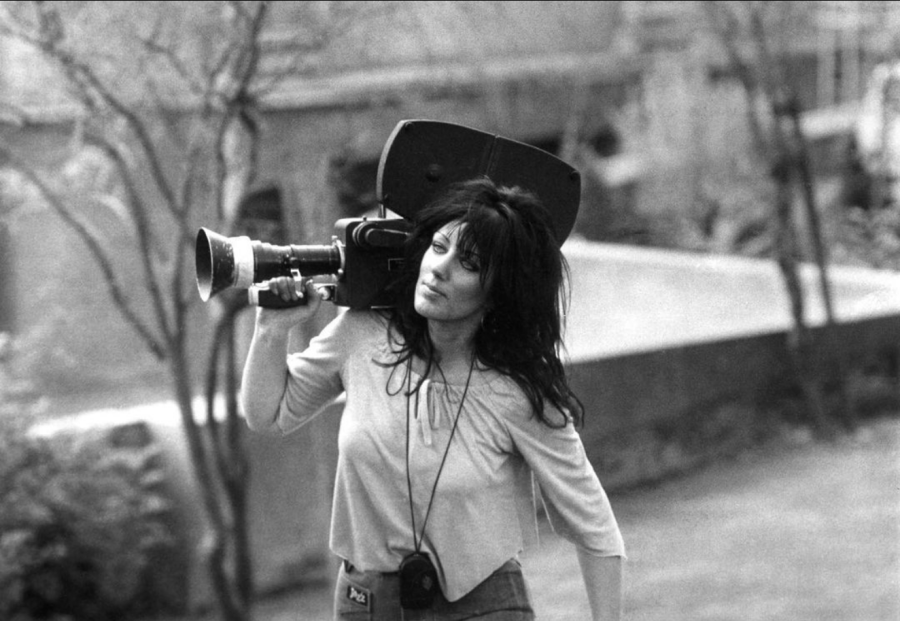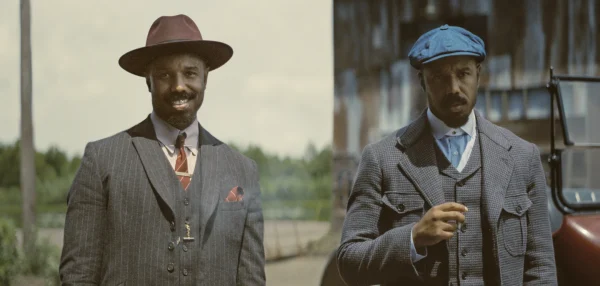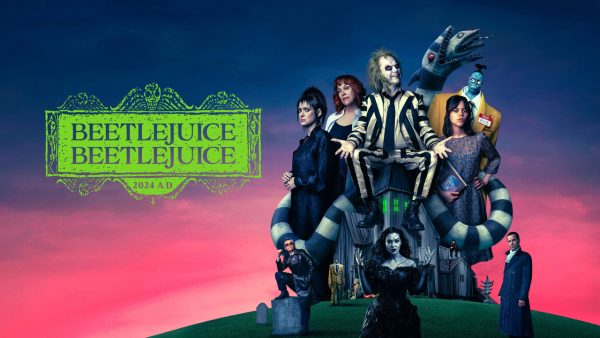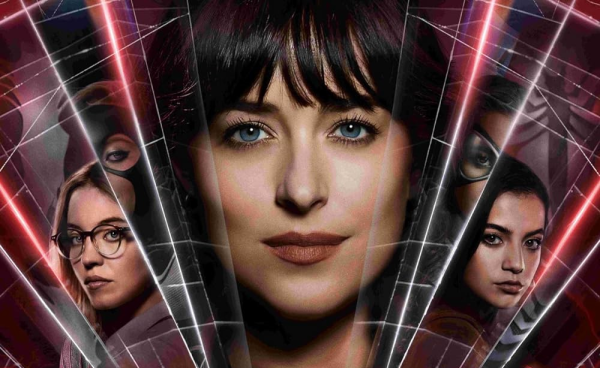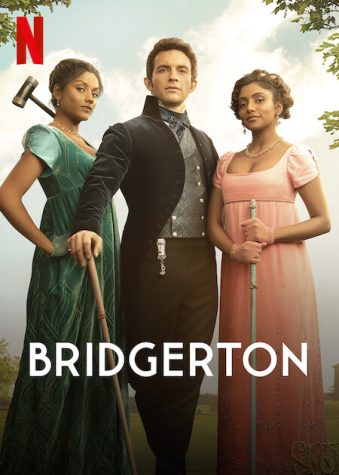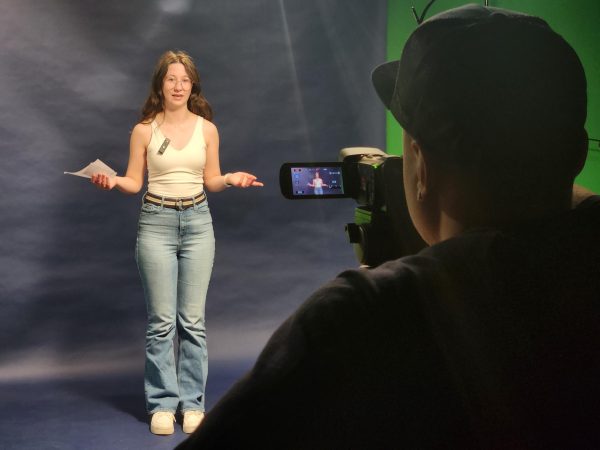Female journalists document the front lines in ‘No Ordinary Life’
On Sept 5, I sat down to watch the CNN television debut of the 2021 documentary, “No Ordinary Life.”
The film highlights the work of five women news videographers and their courageous work on the frontlines of war in the 90s. These five individuals blazed the trail for women in journalism, in a field that was male-dominated at the time.
Emmy and Peabody Award-winning director, Heather O’Neill, gives us a look into the perspectives of Mary Rodgers, Cynde Strand, Jane Evans, Maria Fleet, and Margaret Moth. From their contributions, they captured some of the most jarring images of conflicts around the world.
When I saw the trailer for this premiere I immediately set a reminder on my phone to catch it. This subject of global media is something I learned about not too long ago in my CA320 Global and Civil Reporting course, so I was very interested in the women’s stories.
As the title suggests, these women took on the dangerous task of telling the stories of those affected by great tragedy. At a time when smartphones could not capture images of war from around the world.
This film made it very easy for me to understand their perspective and thought processes. Because their style of journalism was up close and personal, they were not able to detach themselves from what was happening at the moment. In many of the clips, I could hear the ladies’ authentic reactions to their environment.
Moth’s journey was a unique one in that she survived getting shot by a sniper while on assignment. Despite this major setback, she underwent multiple surgeries and even returned to working as a journalist.
I was in awe of these women’s fearless attitudes toward their work. It was clear that they were able to bond in between moments of uncertainty. However, the painful images and near-death experiences had to have taken a toll on them too.
For Evans, the joy of motherhood began to outweigh her calling of photojournalism. She would retire in 2003 to spend more time with her daughter.
Without the contributions of these five individuals, the world would not have vivid images of events like the first democratic election in South Africa, covered by Strand. The five of them wanted more out of life as a journalist, and certainly, they achieved that.
To learn more about the documentary, visit norordinarylifefilm.com.
Your donation will support the student journalists of Park University. Your contribution will allow us to cover our annual website hosting costs, freeing up other funds for equipment, printing and training.



